Skolkovo - First Russian Successful Mega- Project?
Elizaveta Turgeneva | 20 mai 2017
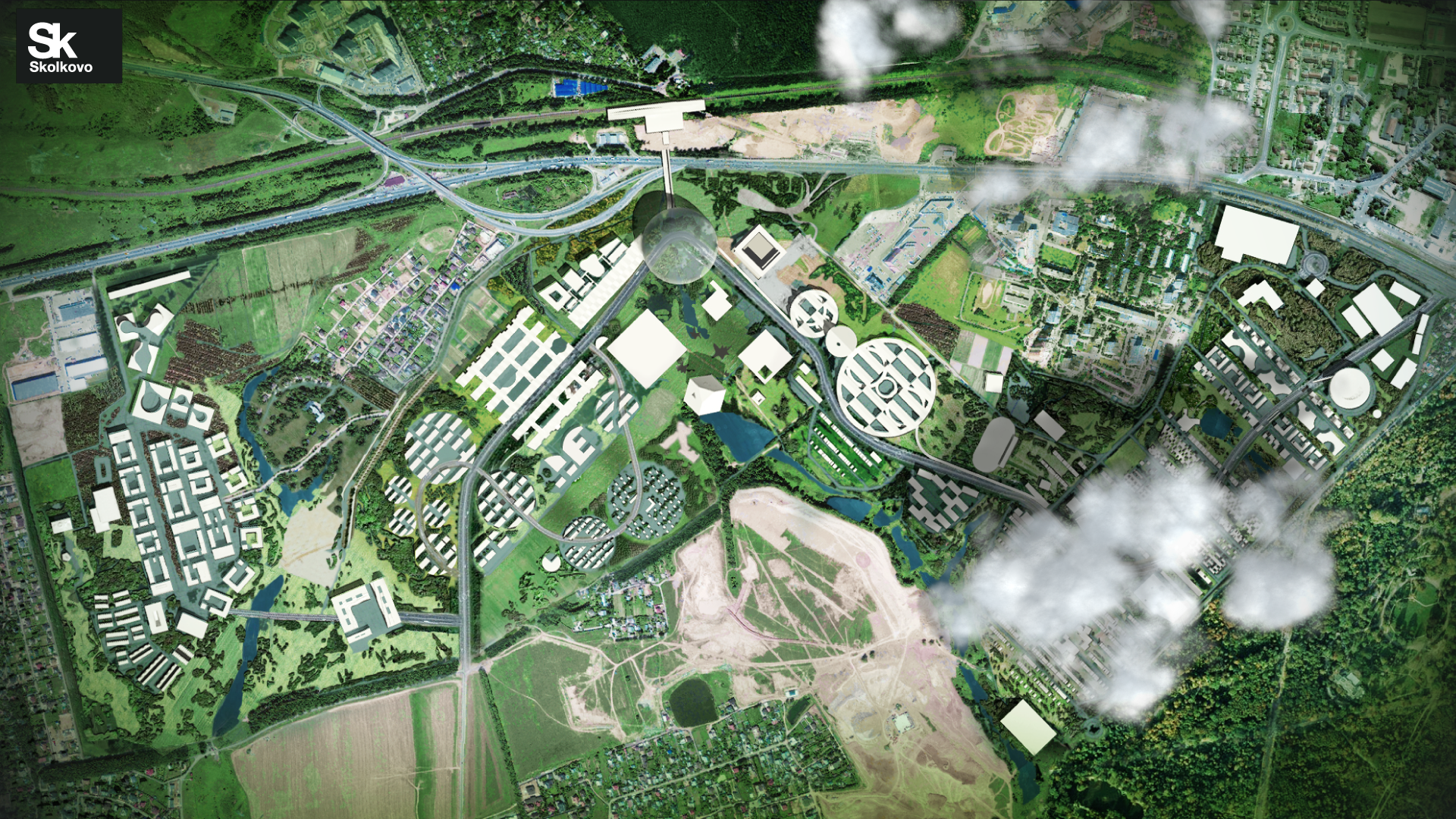 The synonym of a mega-project is almost always a failure; and the case of Skolkovo seems to exceptional one. The Skolkovo innovation center project was launched in 2010 in south-east Moscow. Skolkovo was more than a mega-project as it was thought to be a totally independent city built from scratch with the total surface of 400 hectares and estimated budget around 14 billion euros. (The construction is still ongoing; hence the sum is approximate. The main reason for the project is to create the first Russian research and innovation center that will combine science, education, and business.
The synonym of a mega-project is almost always a failure; and the case of Skolkovo seems to exceptional one. The Skolkovo innovation center project was launched in 2010 in south-east Moscow. Skolkovo was more than a mega-project as it was thought to be a totally independent city built from scratch with the total surface of 400 hectares and estimated budget around 14 billion euros. (The construction is still ongoing; hence the sum is approximate. The main reason for the project is to create the first Russian research and innovation center that will combine science, education, and business.
Skolkovo is usually considered as the Russian Silicon Valley, however it is not exactly a precise comparison, because Skolkovo is a city built from nothing and the process in the heart of city development is reversed from the case of Silicon Valley. There is nothing that can attract «brain» to this part of Moscow region, while Silicon Valley is an organic extension of Stanford University in California. The project developed following the classic mega project scheme, that includes iconic architecture, strong political will, political social and economic purposes, state support, complexity and intersection of actors and financial flows, «fix-break» model of dealing with upcoming issues and the immense criticism towards its implementation.
Why is Skolkovo a Mega-Project?
Skolkovo was internationally oriented and sought to symbolize the transition to the new urban forms; previously uncommon to the soviet city planning, as well as aiming to attract worldwide companies such as Cisco, Boeing, Siemens, and others. In according the branch of science, the city is divided into 5 clusters: biomedical, nuclear, space, IT and energy. The development of each cluster is held under the supervision of the architects, who designed it initially in order to stay on a western track.
One of the main challenges throughout the project implementation, in this regard, was to put the ideas of its supervisors in accordance with Russian political, economic and climate contexts. Skolkovo was and is the state project heavily financed through subsidies. This model of a foundation creates a large range of benefits in terms of opportunities, yet also creates problems in the face of strict monitoring.
Overcome the soviet past: link business and science together
The main political goal of Skolkovo is to overcome the Soviet past -the contradiction of science and business- by linking them up within one urban realm in order to force the development of commercially successful innovations. Skolkovo Technopark is the first center for startups in Russia of such scale (around 60 hectares). The center may even introduce the notion of startup enterprises to the Russian economy, which currently strongly lacks small business development.
To fulfill the political ambitions of harnessing a knowledgeable economy, Skolkovo was entitled to the status of a high priority state project. Hence, by allowing foreign architects and urbanists to go beyond the strict Moscow urban regulations, it promotes interest in Skolkovo. The project has a special role in the Russian political context as it was launched in the period of so-called «perezagruska» – reset – and served to clarify the intentions of Russia to elaborate and adopt the international experiences (best practices) by its own means. These 400 hectares were thought as an experimental zone in terms of testing new urban concepts and implementing any kind of innovative decisions.
The benefit of a state governed entity at the head of this ambitious project is the sustainable environment for a city to emerge; regardless of financial crises.
The achievements one cannot deny
Two main achievements of the project make it an exception among others: the stable frame for the project and the successful passage through first vulnerable phases. It succeeds to bear its main goal. One of the greatest achievemenst of Skolkovo as a project was the successful avoidance being transformed into an ordinary residential and professional development project; which would have been the simplest way of profit extraction. In the case of Skolkovo, this scenario is no longer possible, as the concept shaped by the master plan is embodied on the ground and is currently functioning.
Notably, Skolkovo is one of the first “elaborated” projects. Beforehand, Moscow and Russia tended to have only developers construct projects aiming to bring economic benefits in a very short term. Skolkovo, on the contrary, is a long-term project launched to encourage the capitalization of hard science… however, it has nothing to offer to the human sciences domain.
Despite all critics, it still may meet the deadline
Skolkovo has been a successful way for integrating western expertise within the Russian culture.Nevertheless, Skolkovo as a project has faced multiple critics. The status of a federal project, on the one hand, allows implementing innovative long-term decisions, yet on the other requests a justification for any expenditure of state funds. In recent years, Skolkovo was a subject of checks launched by the government and a number of corruption scandals concerning overcoats of constructions and other foundation activities. However, none of these scandals have dramatically affected or hindered the project implementation.
Skolkovo is very likely to meet the deadline with a minimum delay, regardless of the scale of a project. The approximate delay is estimated in less than one or two years, being that the main nodes of infrastructure are already in place. Skolkovo, a state mega-project with a central rule pattern at stake, is highly dependent on the political regime and environment. The implementation time also increases due to checks mechanisms and state overseeing.
Challenges waiting ahead
Finally, one of the biggest challenges the project management may face is the change within the city administration status being regarded as an independent city. Just two years ago, in 2014, it was added to Moscow. The decision goes against the entire idea, but on the other hand, secures the project from several political and technical issues.




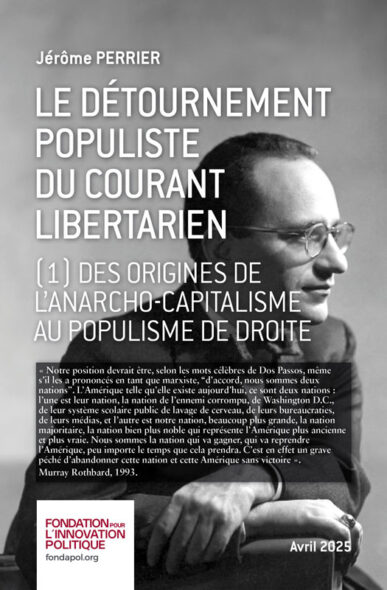
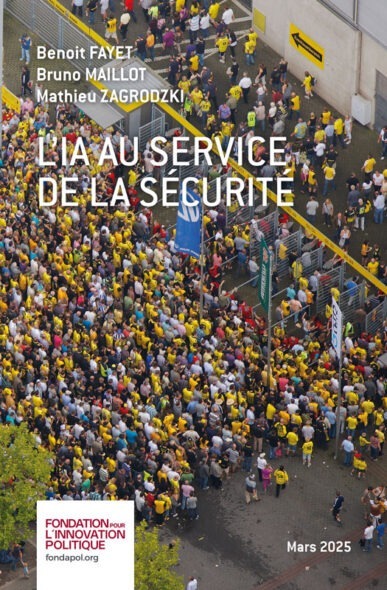
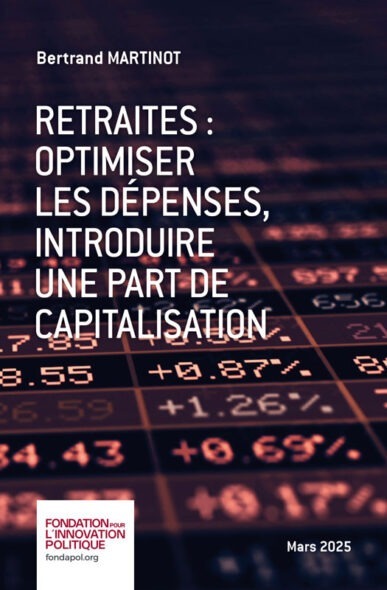
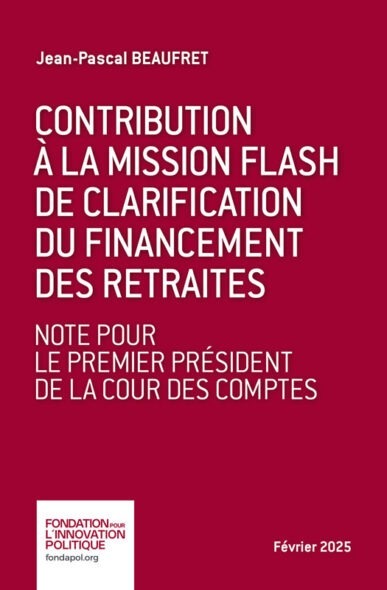
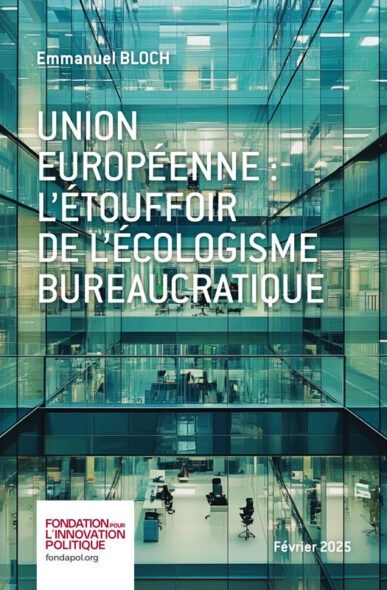

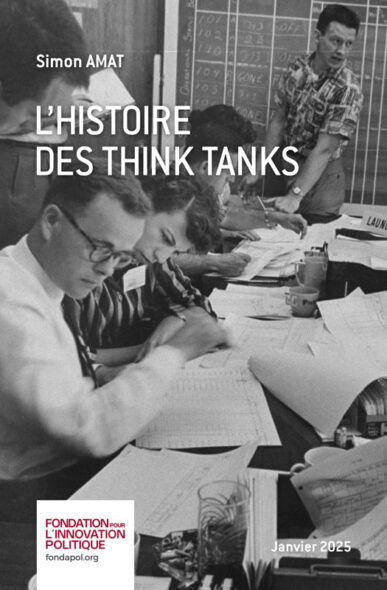

Aucun commentaire.